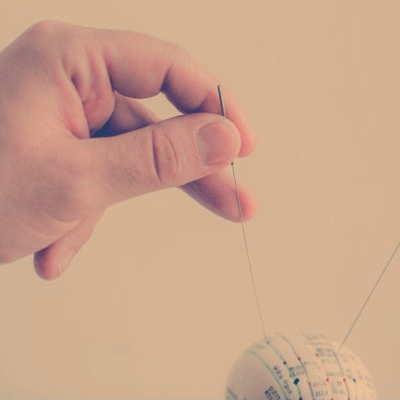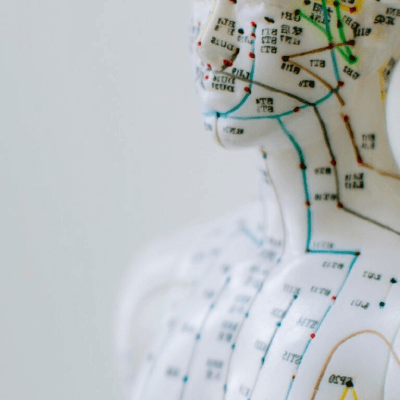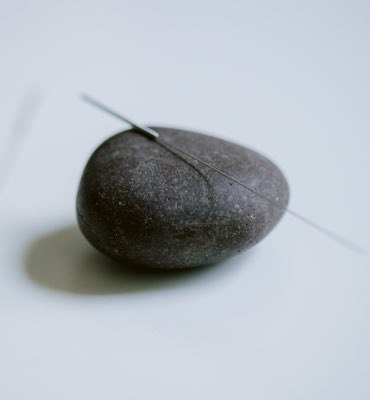Chinese Acupuncture by Monica Daswani
Acupuncture Treatments are Helpful for Women, Men and Children
Monica Daswani is a fully qualified and highly experienced Acupuncture Therapist and a proud member of the British Acupuncture Council.
What is Acupuncture
Acupuncture is derived from ancient Chinese medicine, where fine needles are inserted at certain sites in the body for therapeutic or preventative treatments.
Acupuncture is primarily used to ease symptoms of pain and discomfort, but is also useful in helping with a wide variety of conditions, such as dental pain, nausea and vomiting, tension-type headache, and as a temporary adjunctive treatment for osteoarthritis knee pain.
Some people also choose acupuncture as a way to maintain good health, as a preventive measure, or to improve their general sense of well-being.
Because traditional acupuncture aims to treat the whole person rather than specific symptoms in isolation, it can be effective for a range of conditions.
Acupuncture is a very safe form of treatment, which has few side effects or complications.


Your 12 Meridians and "Qi" Energy Flows
The body has 12 meridians that form a network through which your vital energy, known as “qi”, flows. Acupuncture involves inserting very fine needles into specific parts of the body to rebalance your flow of qi.
In this way, receiving an acupuncture treatment helps to maintain your body’s equilibrium and improve your health and well-being.
The flow of qi through the body can be disturbed by many factors, which can be physical, mental and emotional. Acupuncture is designed to stimulate the body’s own healing response to restore natural balance and resolve these issues.
How does Acupuncture Help
Combining acupuncture and Tui na massage can be particularly effective in the treatment of pain. You may also notice other niggling problems resolve as your main health complaint improves.
Acupuncture is now widely used and accepted all over the world. In fact, in 2009 the National Institute for Health and Clinical Excellence (NICE) recommended that acupuncture should be made available on the NHS for the management of persistent, non-specific lower back pain.
You can find more information on current scientific research into the effectiveness of acupuncture by visiting the British Acupuncture Council website.

FAQ ~ Frequently Asked Questions
These are some of the most common questions my clients ask me. Of course, if you have any further questions, please contact me. I’m always happy to answer questions, dispel myths and relieve concerns.
